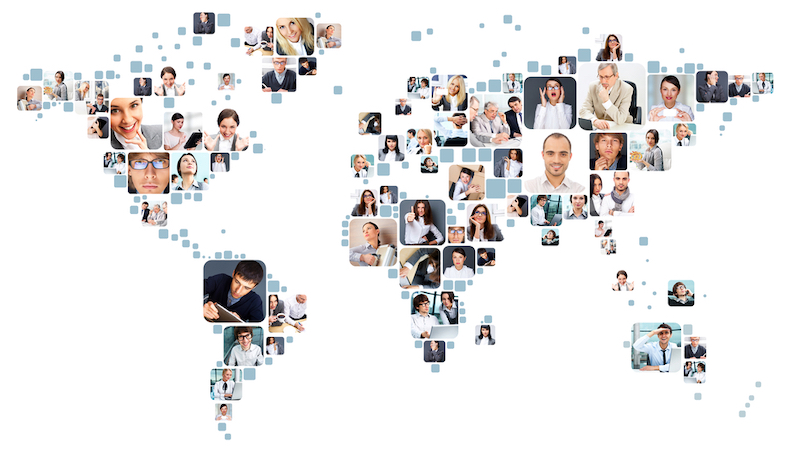How to create a benefits package fit for a changing world
It’s been a testing time for the 213 million global businesses, what with the Covid-19 pandemic, Russia’s invasion of Ukraine, the climate crisis and rising inflation.
Economists’ predictions about inflation came true, but people didn’t quite know how it would affect them. Some saw their mortgage repayments go up. Some had to avoid buying extras at the supermarket.
Most of the complaints were about oil prices that pushed the price of petrol up and beyond anything sensible for most people (earlier this year, the price of petrol in the UK hit 199.46p a litre for super unleaded and $5.4 a gallon on the West Coast of the USA).
Only 22% of global workers ‘comfortable’
When the cost of living goes up, people start to worry about their financial situation and this can lead to mental health problems. According to Gallup’s State of the Global Workplace 2022, 40% of the global workforce were worried, with 44% “stressed out” and only 22% were living comfortably on their income.
The report breaks these figures down country by country, but don’t, perhaps, give the full picture about what global businesses have to consider when thinking about their employees.
Many multinational global companies have a complicated workforce and this has been further exacerbated by the side-effect of hybrid/remote work caused by the pandemic. It’s fair to say that large multinational companies should be organised enough to cater for its workforce no matter where they are, but this isn’t always so.
Remote working risks lack of communication
Business magazine Forbes published an article called Don’t Ignore The Deskless Workforce in April 2020 of years ago claiming that “84% of deskless workers say they don’t get enough direct communication from top management”, while “four-fifths of businesses say they’re planning to increase their deskless-tech investments, with an average spending increase of 31%”. That’s quite a rise. As well as deskless workers, this actually covers those who work hybrid or remote as well, as common five-day week jobs have fallen out of favour.
To keep themselves prepared for the unpredictable businesses should look at Finland’s handling of the pandemic. The government there stockpiled medical supplies for such an event, mainly based on the country’s history and that it should be prepared for the worst.
This example should serve as an example to global businesses as they think about their benefits strategy. Depending on how spread out a workforce is, the type of work, and how statutory benefits work, businesses that use HR tech to gauge employees’ needs should be more prepared for unforeseen circumstances than businesses that don’t.
In Finland’s case, the government stockpiled medical supplies that everyone would need and this can apply to benefits. There will be common benefits that all employees will want and this could range from anything from gym memberships to pensions to insurances.
Make benefits specific
However, there will be employees in different countries, with different cultures, that may want benefits specific to them. In these cases, HR tech has advanced so much that it’s easier for businesses to roll out bespoke benefits for a minority of employees.
What is the bottom line when it comes to benefit strategy in ever-changing world conditions?
In short, large multinational companies with global workforces that have complicated structures of deskless vs desk jobs should focus on implementing common benefits employees want and need first before anything else. The Society for Human Resource Management says the three benefits that matter most are generous paid holiday, flexible work and paid family leave (insurance-related benefits were excluded).
If we take these three benefits as an example and apply a catastrophic event (eg another pandemic), these benefits will still be accessible no matter what happens or where an employee finds themselves on the planet.
If we factor in other benefits, like medical insurance or treatments, dental treatments and pensions, we’re able to see the Finland’s model about stockpiling for an emergency. If your benefits package is seeing some benefits go unclaimed, it’s time to cut them loose and focus on the commonly claimed ones.
Original article: How do global businesses prepare for changing conditions when considering their benefits?
Supplied by REBA Associate Member, Benify
Benify offers the market's leading global benefits and total reward platform.








